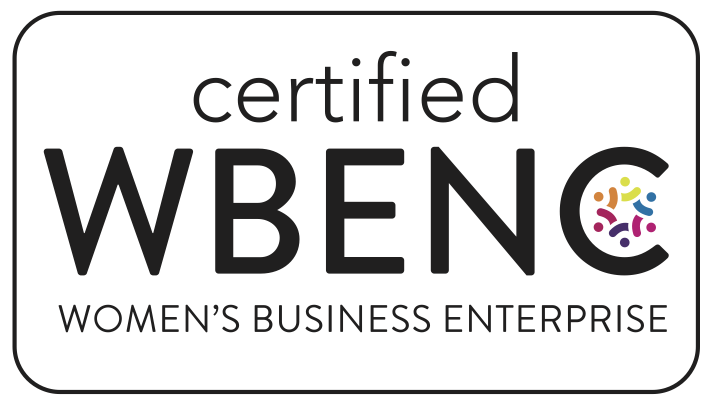It's impossible to predict the future with 100 percent accuracy. But as we round the corner into 2022, we can certainly make some educated guesses, based on recent business trends, about what will be important this year.
First, there's the issue of work arrangements. When the pandemic started, most companies adopted remote or hybrid models as much as they were able to. Since COVID-19 vaccines became widely available last spring, though, many organizations have begun transitioning their people back to the office. As more companies ask (or require) employees to return to "business as usual" (and as many employees push back against that expectation) each organization needs to figure out how it wants to answer certain key staffing questions, including (but not limited to) the following:
- Will employees be in person, remote, or hybrid?
- Is the new policy mandatory or optional? (Will employees have any choices?)
- Does the policy apply to all employees or only to some groups? And if it's the latter, how will those groups be defined?
As you can see, there are many possible permutations here -- which means companies will find it very difficult to please everyone. Obviously, each organization will have to figure out what works best for its employees and its business goals. Whatever choice is made, though, the guidelines need to be defined and communicated clearly and carefully.
At the same time, companies will likely need to increase salaries and benefits in 2022. During the past few years, organizations have struggled to find and retain top talent. With the years-long "war for talent" colliding with the "great resignation" that began during the pandemic, companies will have to work harder than ever to get the people they need. In 2022, those efforts must include improving salaries and benefits if companies want to attract and keep good employees.
Lastly, companies will also need to meet employees' increasing expectations that companies make conscious efforts to address discrimination, prejudice, and inequality in the workplace. Nationwide headlines over the past couple of years have sparked conversations about disparities in the treatment of people based on their ethnicity, gender, sexual identity, sexual orientation, class, and other identities. Amid this increasing awareness, many organizations are implementing diversity, equity, and inclusion (DEI) initiatives to examine these issues in their own workplaces. I don't expect that these initiatives will solve all problems in 2022, but I think they're a good start toward achieving workplaces that are friendly to all employees.

